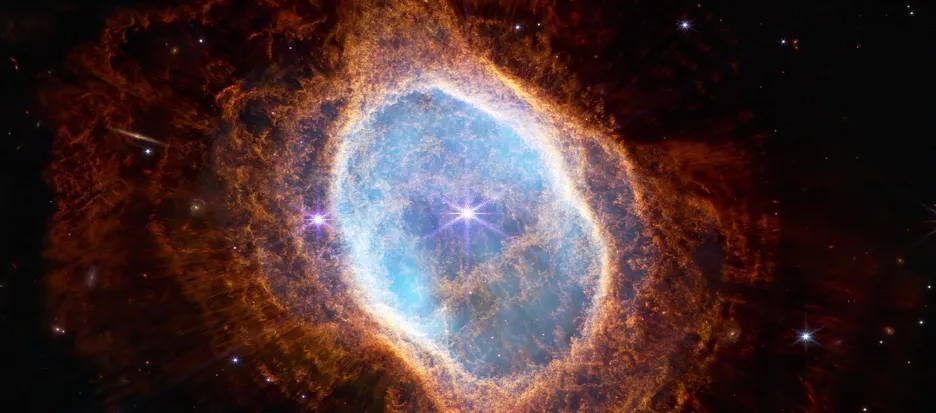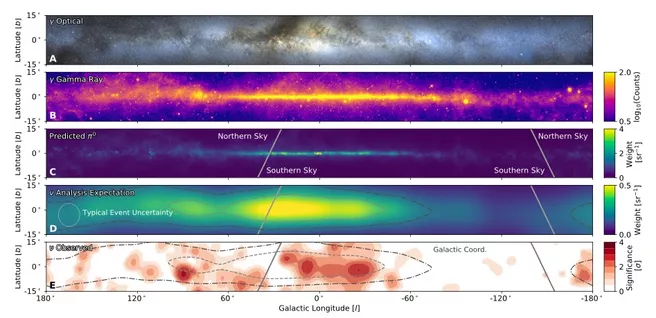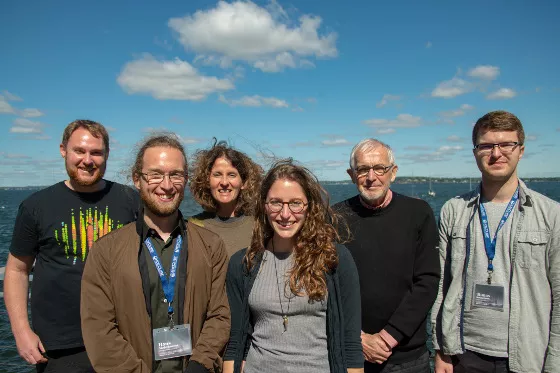In our core research area “Fundamental Forces & Cosmic Evolution” at NAT, we focus on unravelling the fundamental principles that govern the building blocks of matter and the dynamics of the universe. We investigate the properties and interactions of elementary particles in order to understand their role in cosmic evolution from the Big Bang to the present. We explore the formation of the universe, from the birth of particles and nuclei in the early moments of the cosmos to the formation of galaxies, stars and planetary systems. Additionally, we investigate fundamental questions in physics, focusing in particular on neutrinos and the elusive nature of dark matter. Together, this research area provides critical insights into the structure and evolution of the Universe, bridging the smallest scales of particle interactions to the grand scales of cosmic phenomena.
AMC,
ORIGINS,
Chemistry,
Physics
|
TUM,
ORIGINS,
Research,
Physics
|
ORIGINS,
Research,
Bioscience
|
ORIGINS,
Research,
Bioscience
|
Fundamental Forces and Cosmic Evolution,
Research,
Physics
|
Fundamental Forces and Cosmic Evolution,
Research,
Physics
|






